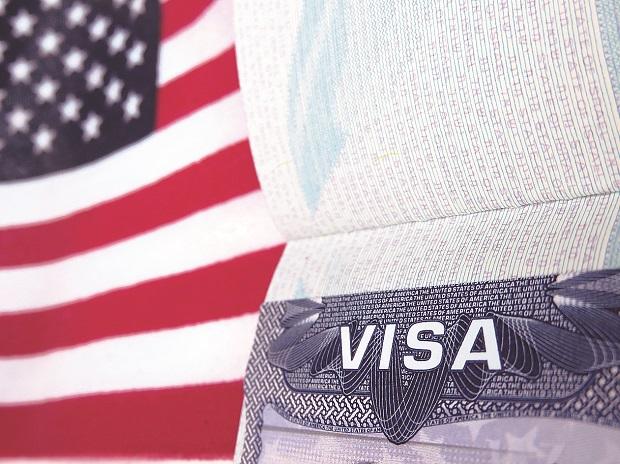IT industry body Nasscom Thursday cautioned that any move by the US to limit visas for tech workers, will weaken American companies that depend on these work permits to fill skills gaps, and put jobs at risk.
Nasscom also highlighted that Indian nationals accounting for a large chunk of approved H-1B visas is a “testimony” to their skill-set, and pointed out that a “vast majority” of these visas were being sponsored by global and US multinational companies.
The statement comes in the wake of reports that the US is mulling 10-15 per cent cap on H-1B visa for nations that compel foreign companies to store data locally. Such a move gains significance amid row between the US and India over trade and tariffs.
Nasscom – which represents Indian IT majors like TCS, Infosys and Wipro as well as smaller tech firms – noted that there is no official confirmation yet on the development from the US government on the matter, and that it is awaiting clarity from official channels.
“If US policy make it more difficult to hire advanced tech workers, it will only weaken the US companies that depend on them to help fill their skills gaps, put jobs at risk, creating pressure to send technology services abroad,” Nasscom said in a statement.
Such a move, if implemented, would have a major impact on the over $150 billion Indian IT sector that gets a lion’s share of its revenues from the North American market. Indian IT firms use H-1B visas to send staff to client locations in the US.
However, increasing visa scrutiny over the past few years has compelled Indian IT services companies to ramp up local hiring in the US.
Nasscom said in April this year, the number of unfilled jobs stood at 7.5 million in the US. Of these, 67 per cent – or 2 in every 3 jobs – required specific technical skills.
“It is this very unmet technical requirement that skilled immigrants, including workers on H-1B visas, have helped meet in the US… The US’ global leadership in technology has been made possible, in part, by its ability to attract the most talented workers from around the world,” the statement said.
Acknowledging that Indian nationals accounted for majority of all approved H-1B visas in FY2017, Nasscom said this is a “testimony” to their skill-set.
“Only a small share of these Indian nationals are employed by Indian companies. The vast majority of them are sponsored by global and US multinationals,” it added.
The industry body also warned that if such a move were to be implemented, it could lead to a greater crunch for businesses to access the skilled workers they need.
“…this is true for all businesses operating in the US, including both Indian as well as American and global firms,” it said.
In April last year, the Reserve Bank of India had asked domestic and international payments companies to store data locally only, and these firms were given six months to comply with the order. Moreover, India is framing data protection legislation to safeguard personal data of Indians, defining obligations of data processors as also rights of individuals, and proposed penalties for violation.





